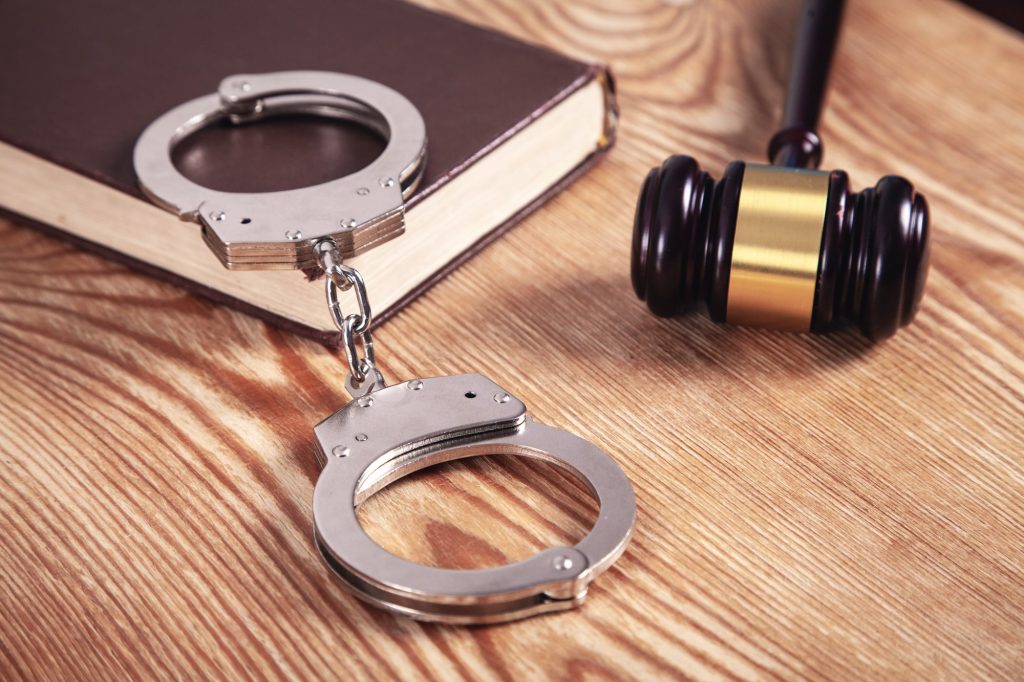Before a trial begins, defense lawyers invest significant time and effort preparing their case behind the courtroom doors. This preparation is crucial because the groundwork laid prior to the trial can determine the outcome of the case. The first step often involves thoroughly reviewing all evidence provided by the prosecution. Defense attorneys meticulously analyze police reports, witness statements, forensic evidence, and any other documentation relevant to the charges. By understanding the strengths and weaknesses of the prosecution’s evidence, they can develop strategies to challenge it effectively during the trial. Next, defense lawyers work closely with their clients to gather information and build a credible defense. This includes detailed interviews where lawyers ask comprehensive questions to understand their client’s version of events and identify any inconsistencies or misunderstandings. Lawyers also advise clients on how to conduct themselves throughout the trial process, emphasizing the importance of honesty and calmness. Building a strong attorney-client relationship ensures that the defense is well-informed and those clients feel supported during a stressful period.

Investigating the facts independently is another critical role for defense lawyers. They may visit crime scenes, consult with experts, or seek out new witnesses who could provide testimony favorable to the defense and i thought about this calbizjournal.com. This investigative process helps uncover evidence that might not have been considered by the prosecution or law enforcement, potentially leading to new leads or alternative explanations. It also enables lawyers to anticipate the prosecution’s arguments and prepare counterpoints. Defense attorneys also spend considerable time drafting and filing pre-trial motions. These legal documents can challenge the admissibility of certain evidence, request the dismissal of charges, or seek to suppress illegally obtained information. Successfully argued motions can limit the prosecution’s case or even result in charges being dropped before the trial begins. This phase requires a deep understanding of legal procedures and precedents, and defense lawyers carefully craft these motions to protect their clients’ rights.
Another important aspect of pre-trial preparation is negotiating with prosecutors. In many cases, defense lawyers engage in discussions to explore plea bargain options, which could result in reduced charges or lighter sentencing. Effective negotiation requires a clear understanding of the case details, the client’s wishes, and the prosecution’s willingness to compromise. Lawyers advise their clients on the pros and cons of accepting a plea deal versus going to trial, helping them make informed decisions. Defense lawyers prepare their trial strategy, which includes outlining the order of witnesses, deciding which evidence to highlight, and developing persuasive arguments for the jury or judge. They also conduct mock trials or practice sessions to refine their approach. This thorough preparation helps ensure they are ready to advocate vigorously for their clients when the trial begins, making every effort to achieve the best possible outcome.
